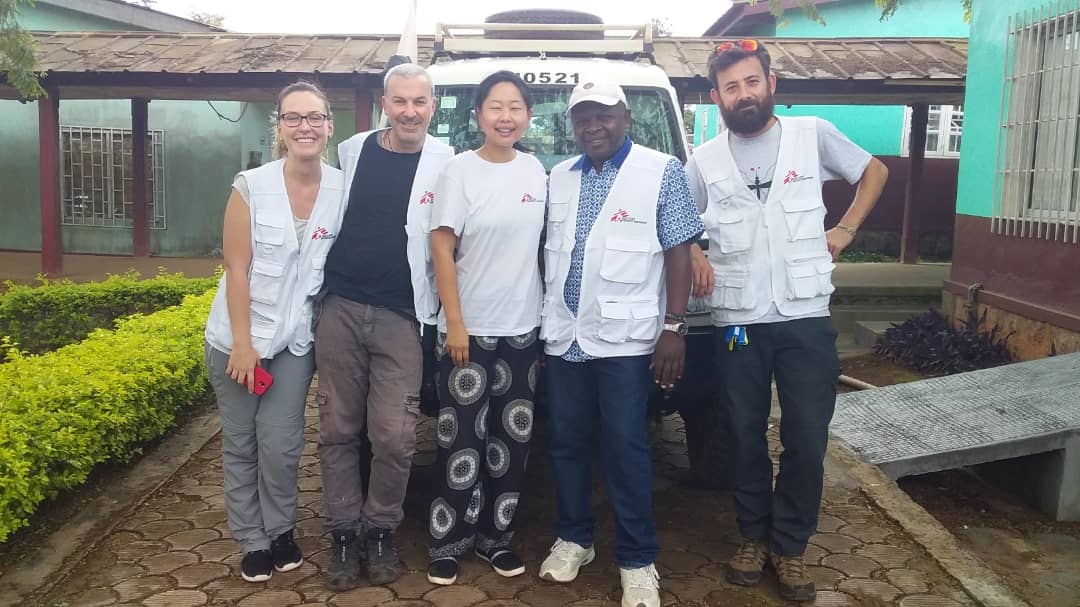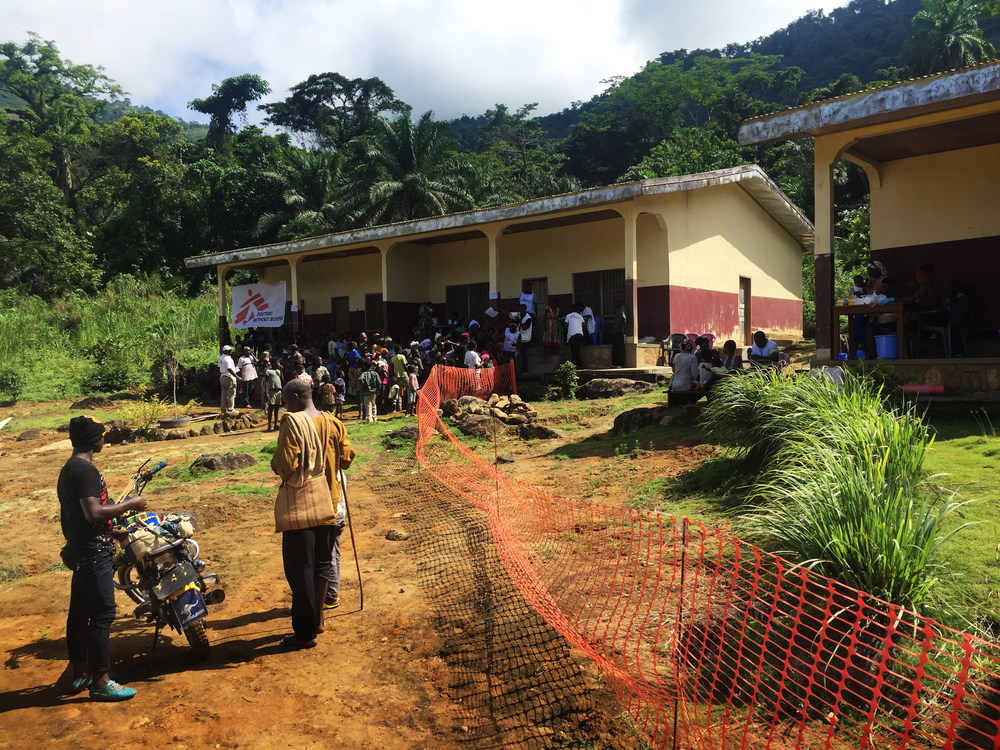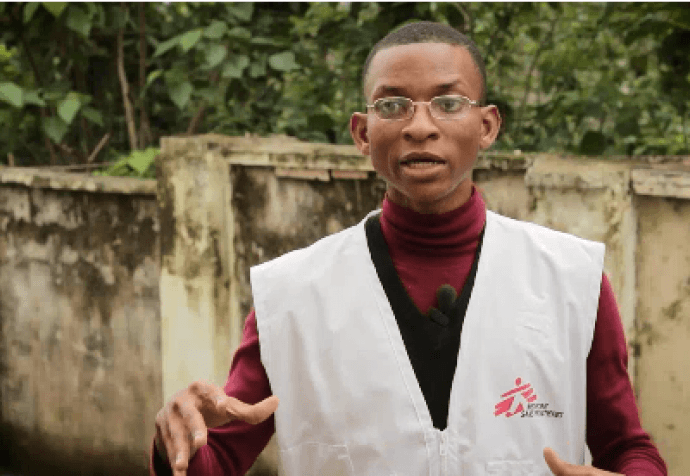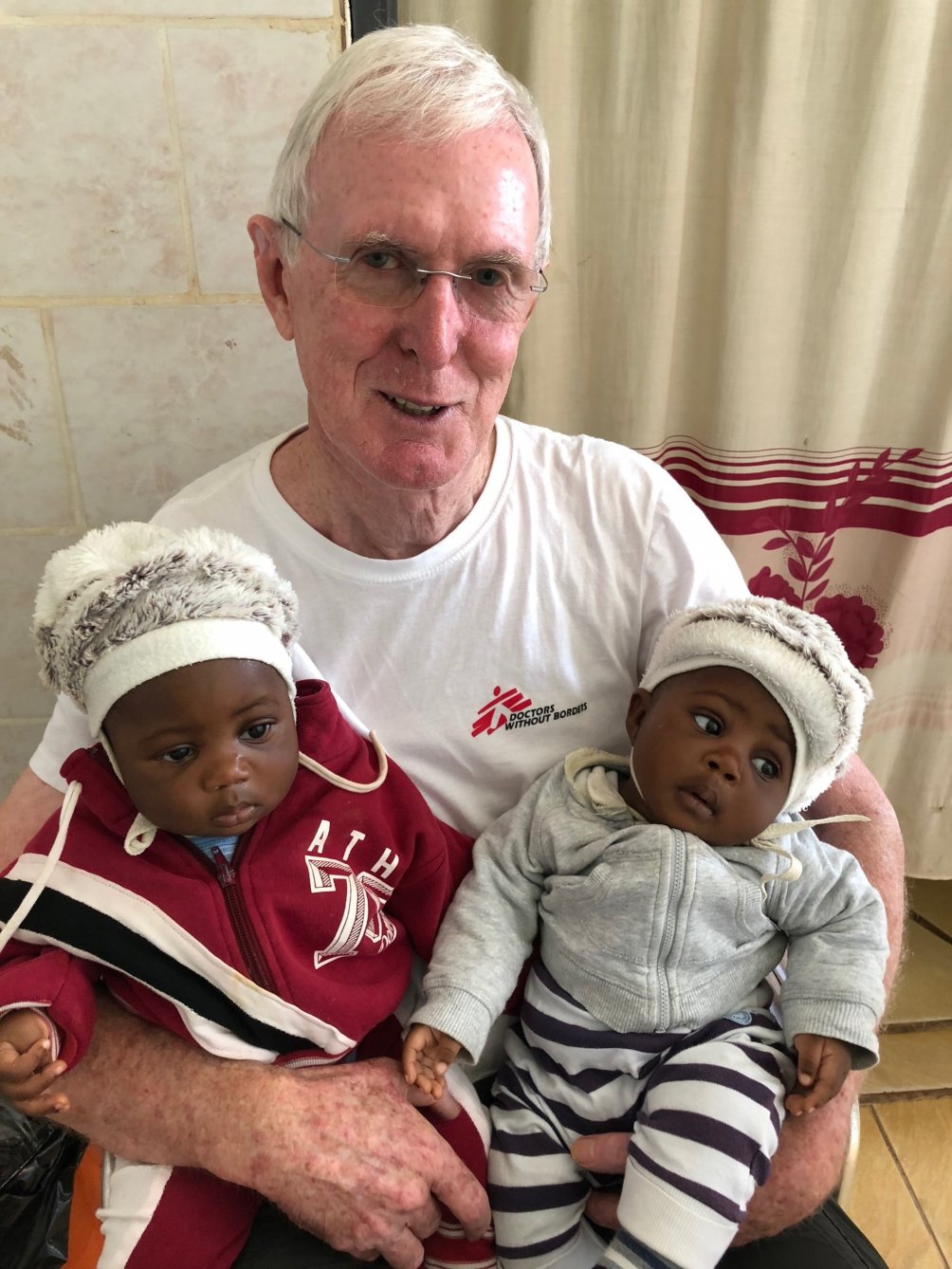Thinking back over my two months in Cameroon, one patient stands out in my mind. She was a woman – a widower – with nine children. The team met her when MSF was providing medical care in a very isolated area for people who had been displaced by the violence.
This woman and her children were sleeping in the bush at night and would return to their house during the day. When asked when they would go back to living in their house, the woman replied: “I can stop sleeping in the bush if there are no more gunshots in the night.”
Everyone who the team spoke with were struggling to find food and get medical treatment, and they all had children under their care. Many of these people had been forced to hide in the bush to escape the violence, and, like the woman and her nine children, had been left with little access to healthcare.




